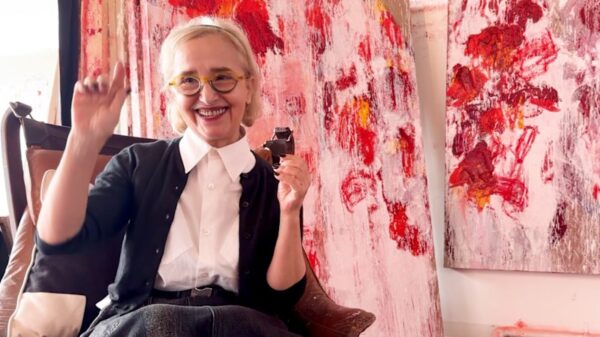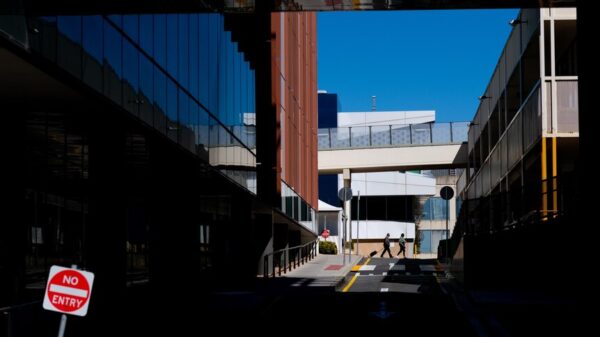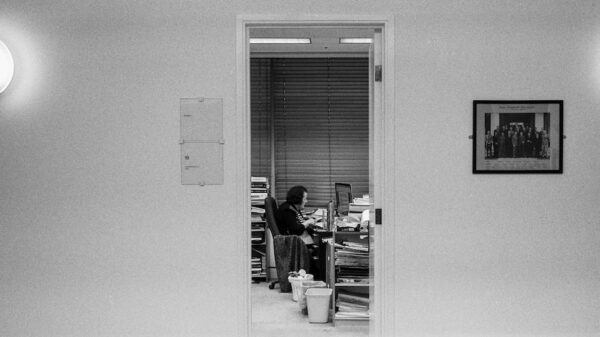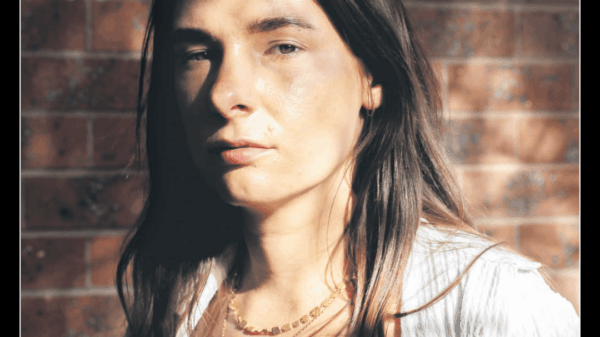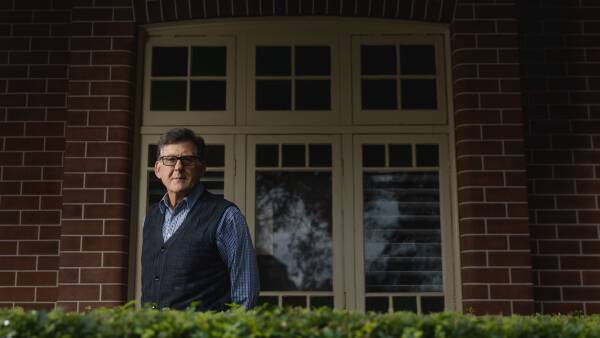In 1957, a 17-year-old woman named Carmela Rocca embarked on a journey from a small village in Calabria, Italy, to Australia, seeking adventure. With no prior experience of flying and no command of English, her journey began with a long flight where she communicated with a Frenchman using a mix of gestures and the little French she knew. Upon arriving, she was not just a young girl; she was a proxy bride, having already “married” her brother in a formal ceremony to meet immigration requirements. This unique story is just one of many highlighted in the documentary Signorinella: Little Miss, which explores the experiences of Italian women who migrated to Australia during the postwar years.
Carmela’s transition from carefree teenager to wife was filled with challenges. “Thinking about it today, it seems a strange madness,” Rocca, now 85, said in a recent interview from her home in Melbourne’s north-west. Many proxy marriages faced difficulties when women discovered that their husbands were often much older than the photographs they had seen. Rocca, however, was fortunate; her husband, Vincenzo Rocca, matched her expectations. Together, they have built a life over the past 68 years, raising six children.
Upon her arrival in Brunswick, Carmela encountered a different reality than she had imagined. “I envisioned a beautiful city like in Italy, but instead, I felt nostalgic and melancholy. The Australians kept to themselves, and we did too,” she recalled. Her story is part of a larger narrative explored in Signorinella, which will screen across Australia as part of the upcoming Italian Film Festival. The film honors the contributions of these women, who not only supported their families through hard work but also laid the groundwork for future generations in various fields, including fashion and politics.
The documentary is the latest creation by the trio of filmmakers Jason McFadyen, Angelo Pricolo, and Shannon Swan, who previously brought the acclaimed film Lygon Street: Si Parla Italiano to Australian audiences. Made on a modest budget of $250,000, with support from the Italian community, Signorinella showcases the resilience and strength of these women. “When a community rallies behind a project, you can mobilize resources swiftly, which was crucial as many of these women are now older,” Swan noted.
As the film portrays the experiences of these Italian women, it sheds light on the prejudice and hardships they faced. It features notable figures such as Franca Arena, who helped establish the Sydney radio station 2EA, and Tina Arena, a celebrated singer. It also highlights the contributions of the late fashion designer Carla Zampatti and her daughter, independent MP Allegra Spender.
The film includes poignant interviews with individuals like Mary Marino, who arrived in Australia in 1934. At just 14, she faced discrimination and hostility, recalling, “The young Australians didn’t treat us very nicely… It was very hard, because we were coming from a place where we were loved.” The situation worsened during World War II when Italian migrants were unfairly labeled as enemies due to their heritage, leading to the internment of many Italian men, including Marino’s father.
The documentary’s narration by UK-based actor Greta Scacchi adds depth, linking it to the earlier film featuring her co-star from Looking for Alibrandi. Scacchi, who migrated to Australia in 1975, shared her own experiences of feeling “foreign” in England and finding a sense of belonging in Australia. She reflected on the emotional stories presented in Signorinella, particularly that of Celestina Mammone, who faced bullying in school for her Italian heritage.
Mammone’s story, which highlights the cultural challenges faced by migrants, is emblematic of the broader migration experience during a time when the White Australia policy favored migrants from Britain over others. The film captures the resilience of these women, who, despite facing significant obstacles, managed to carve out a space for themselves in Australian society.
Ultimately, Signorinella serves as a testament to the enduring spirit of Italian women who have shaped contemporary Australia. Their stories of hardship and triumph resonate today, reminding audiences of the vital role immigrants play in the cultural and economic fabric of the nation. The documentary will screen as part of the Italian Film Festival from September 18 to October 15 in Sydney and from September 19 to October 15 in Melbourne.
For those interested in exploring these powerful narratives, the festival will also feature a restoration of Looking For Alibrandi, offering a comprehensive view of the Italian experience in Australia.





























